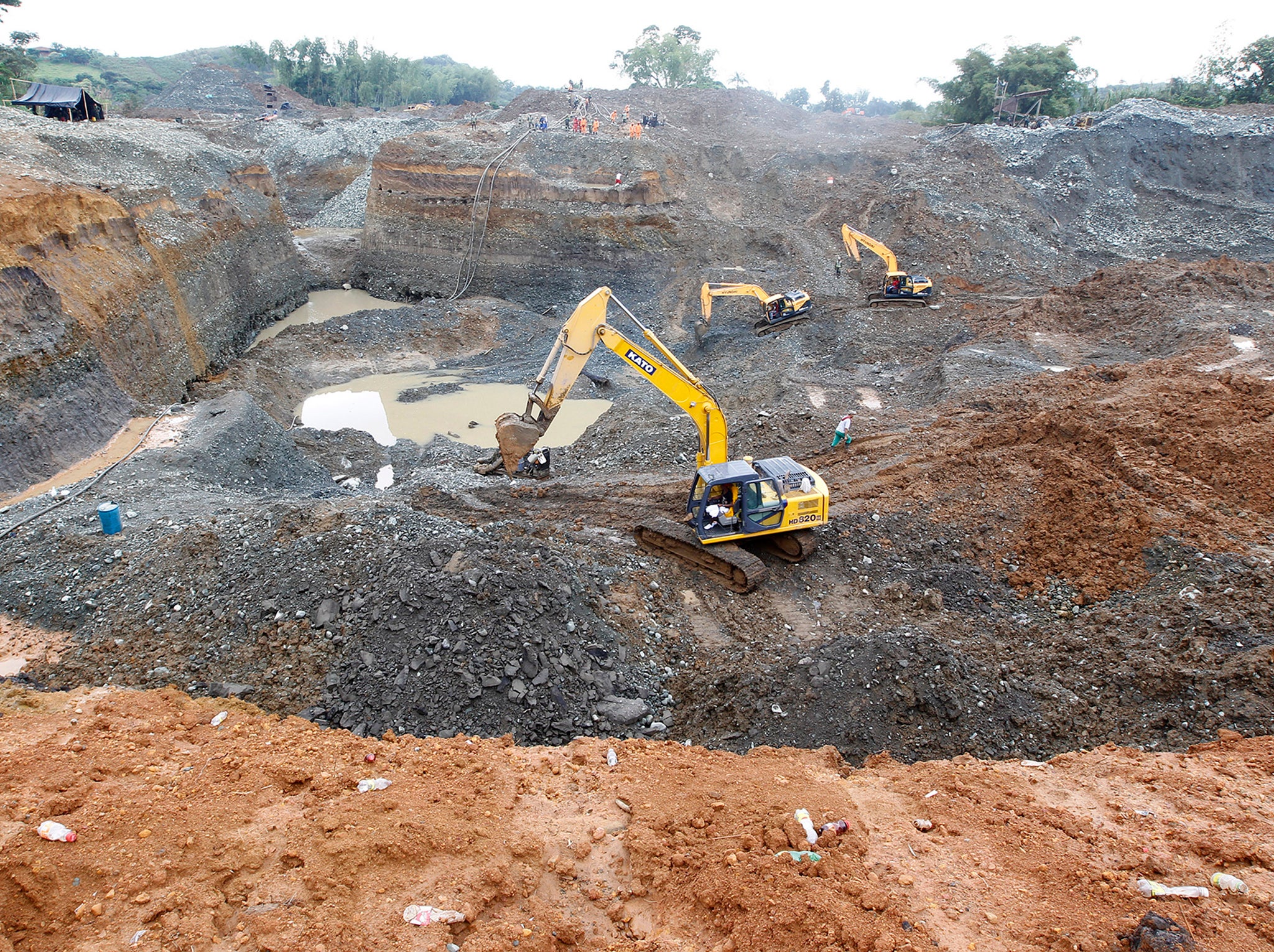Widespread illegal mining in Colombia is 'linked to malaria outbreak'
The Colombian National Health Institute recorded 18,524 malaria cases in 2015

The rise of malaria in different areas of Colombia has been linked to illegal open-cast mining.
Stagnant water and poor sanitary conditions have been discovered at these often hidden rural locations.
The widespread activity has previously been blamed for causing serious environmental damage, as well as keeping workers in slave-like conditions.
Health Minister Alejandro Gaviria told Telesur: "The country had more or less controlled its malaria problem...the death rate had dropped significantly.
"But because of illegal mining...we've had hotspots since last year and especially this year."
The Colombian National Health Institute recorded 18,524 malaria cases in 2015. The year before, only 4,730 malaria cases were recorded.
Mr Gavira told RCN radio that the rise of malaria cases was most prominent in the impoverished region of Choco, which is on the border with Panama.
The Health Institute said: "Population displacement linked to the exploitation of gold mines - and resulting deforestation - has previously created isolated epidemics of malaria."
Join our commenting forum
Join thought-provoking conversations, follow other Independent readers and see their replies
Comments